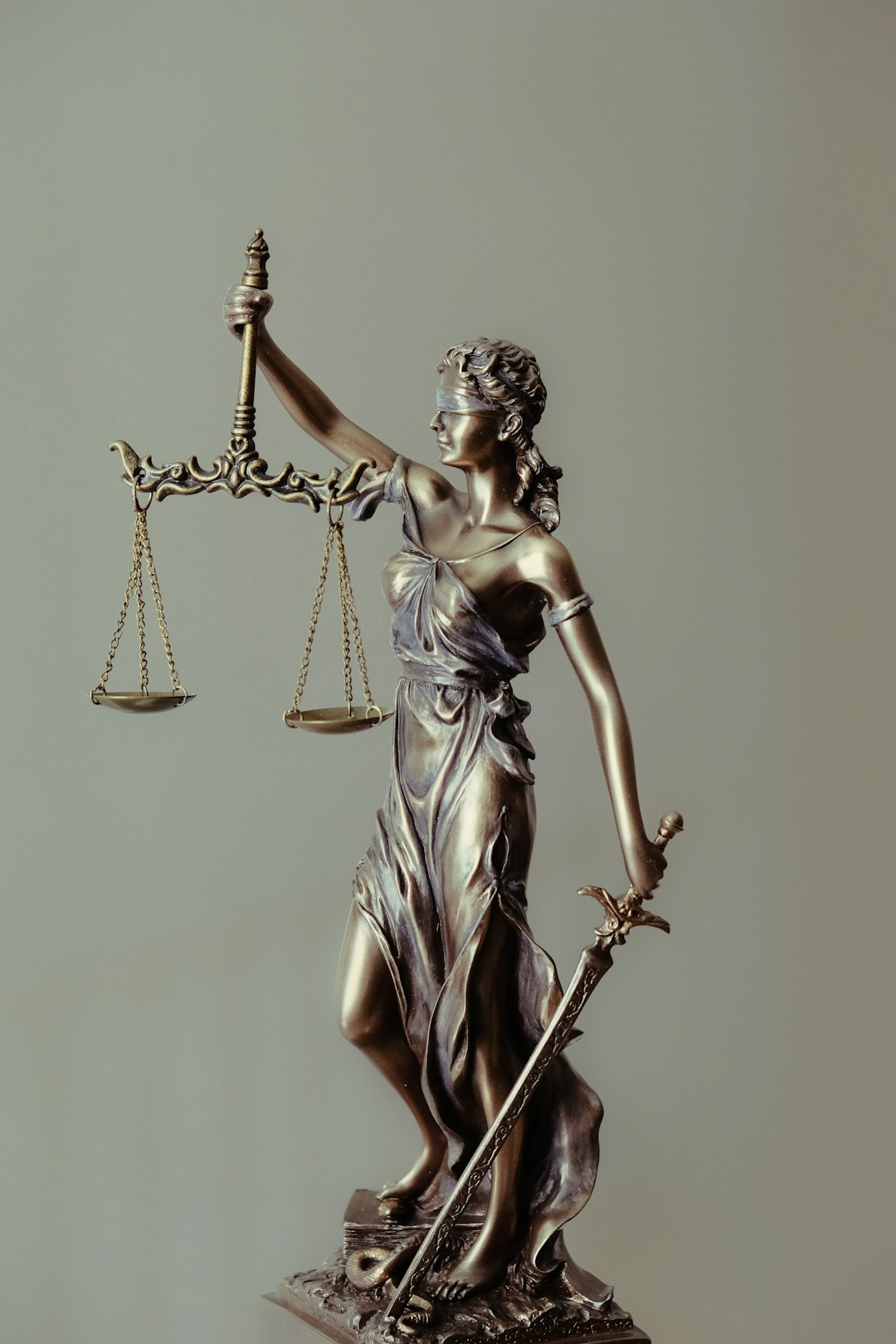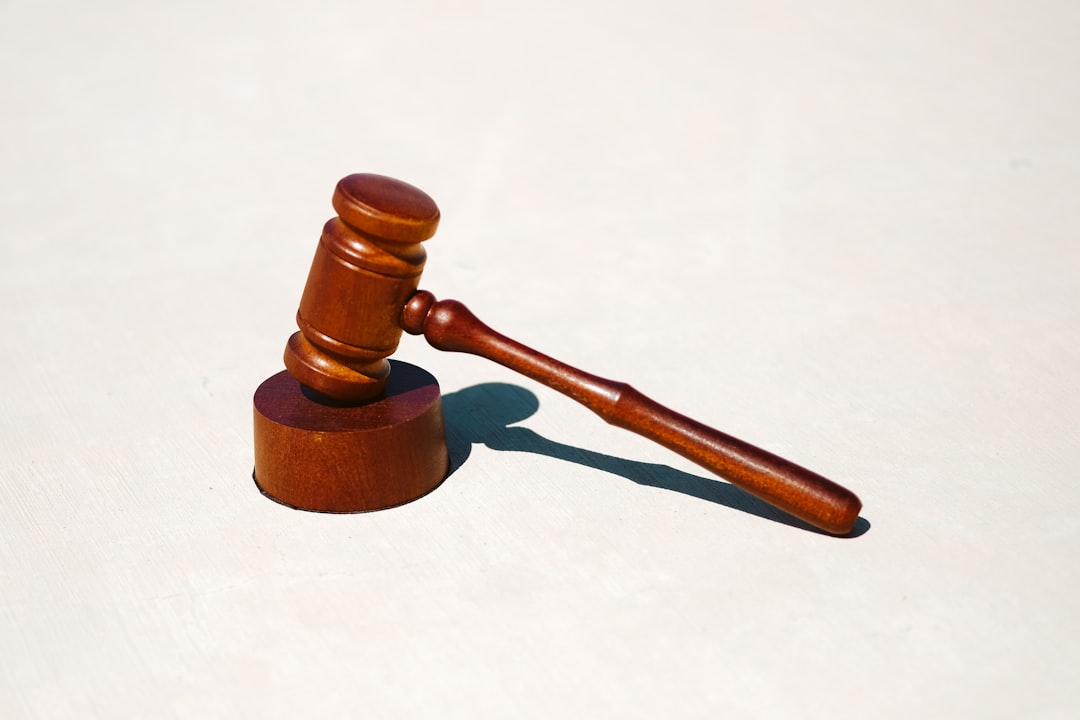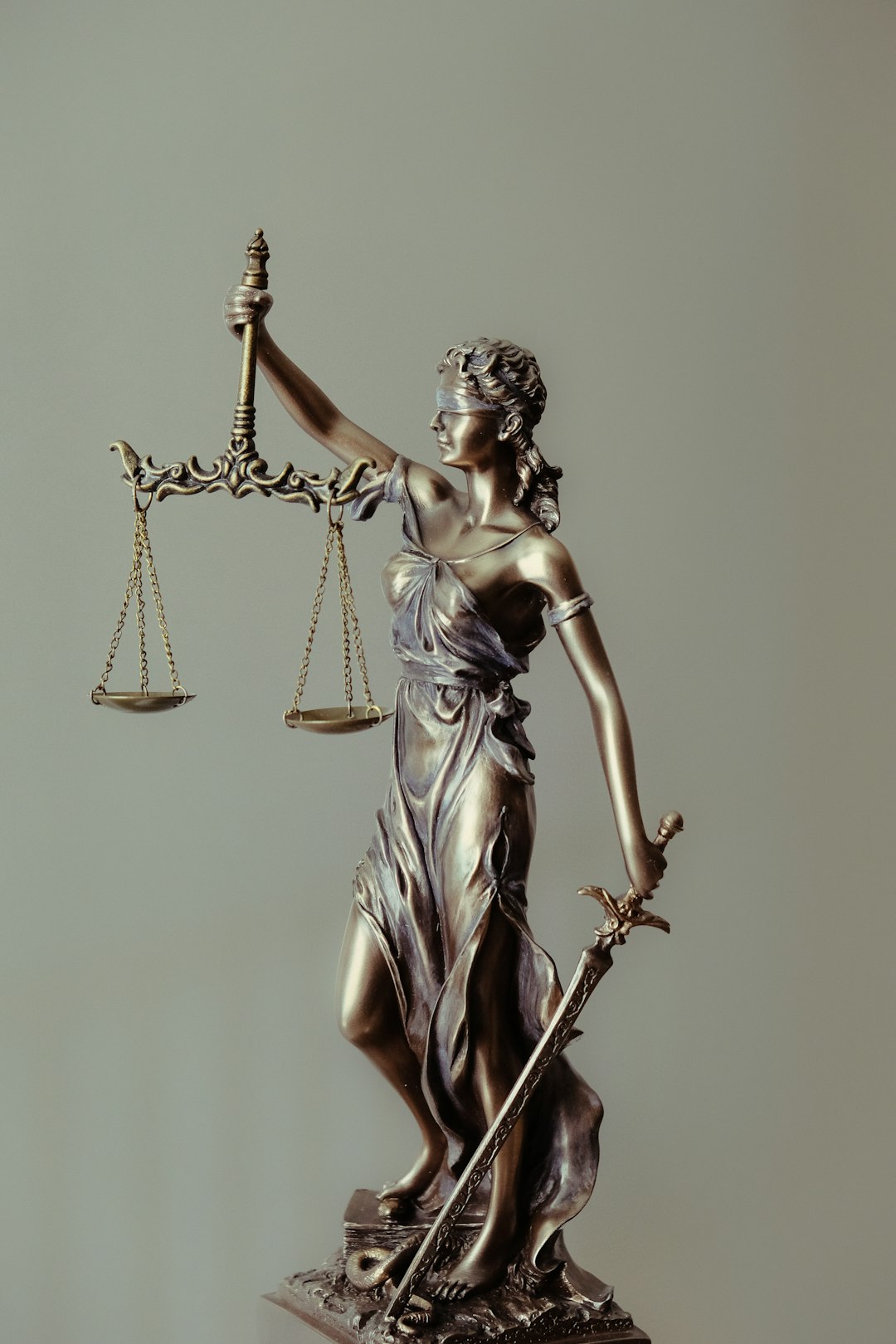Deepfakes pose a significant challenge to sexual assault law firms Los Angeles CA, undermining evidence integrity and victim credibility. To counter this, firms must adopt advanced digital forensics, educate the public, collaborate with experts, and develop legal precedents specific to deepfake detection, ensuring fair and accurate proceedings.
Deepfake technology has emerged as a powerful but concerning tool, raising significant concerns in various domains, particularly legal cases involving sexual assault. With its ability to create highly realistic but fake media, deepfakes pose a unique challenge for law enforcement and sexual assault law firms in Los Angeles, CA, where evidence integrity is paramount. The prevalence of these manipulated images and videos has led to an increase in false accusations and complicates the already delicate process of prosecuting sexual assault cases. This article delves into the intricate relationship between deepfake technology and sexual assault investigations, offering insights into the implications for legal proceedings and highlighting the critical need for advanced detection methods. By exploring current trends and potential solutions, we aim to provide valuable guidance to professionals in the field.
Understanding Deepfakes: Unveiling Forged Evidence
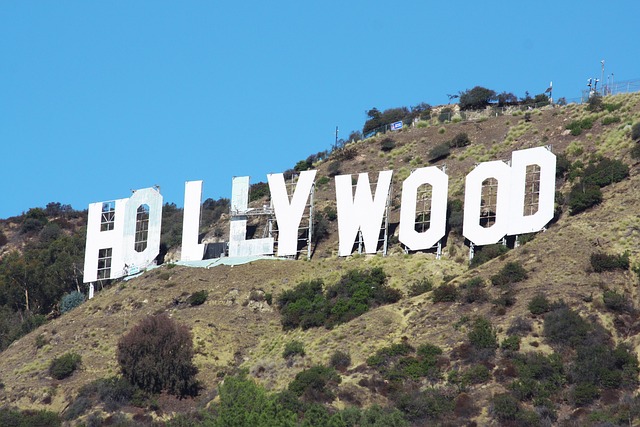
Deepfakes, a term that once seemed confined to science fiction, have emerged as a pervasive reality with profound implications for sexual assault cases. These sophisticated pieces of digital technology allow for the manipulation of visual and audio content, enabling perpetrators to create convincingly false evidence that can complicate investigations and undermine victims’ narratives. In Los Angeles CA, where sexual assault law firms face an increasing number of complex cases, understanding deepfakes is crucial for ensuring justice.
For instance, a recent case involved a victim who alleged she was drugged and sexually assaulted during a party. The accused denied the allegations, claiming they had consensual sex while under the influence. However, investigators discovered a deeply faked video where the victim appeared to participate willingly in sexual acts. This spurious evidence called into question the victim’s credibility, causing a significant delay in the case. It underscored the critical need for forensic experts well-versed in deepfake detection to analyze media evidence thoroughly and accurately.
Sexual assault law firms Los Angeles CA must adapt to this evolving landscape by integrating advanced tools and techniques for authenticating digital content. This includes utilizing specialized software that can detect inconsistencies in video frames, audio synchronization issues, and other telltale signs of manipulation. Expert witnesses skilled in these areas can provide invaluable insights during trials, helping juries navigate the complexities of deepfake technology and distinguish between genuine and forged evidence. Furthermore, staying abreast of legislative developments related to deepfakes is essential; updated laws and regulations will shape how such technology is handled within the legal system.
Sexual Assault Cases: The Role of Deepfake Technology

Deepfake technology has emerged as a powerful yet troubling tool, significantly impacting sexual assault cases in Los Angeles, CA. These highly realistic videos and audio recordings, often used to discredit victims or create false narratives, present unique challenges for sexual assault law firms in LA. The ease with which deepfakes can be generated and disseminated raises questions about the integrity of evidence and the potential for malicious intent.
In recent cases, deepfake videos have been employed to contradict victim testimonials, leading to a complex web of verification issues. For instance, a 2021 study by UCLA found that nearly 60% of Americans struggled to distinguish between authentic and manipulated media, highlighting the public’s vulnerability to these forgeries. This technological advancement poses a significant threat to the accuracy of sexual assault investigations, as it can easily undermine the credibility of victims, who are often already hesitant to come forward. Sexual assault law firms in Los Angeles CA must now adapt their strategies to counter this emerging form of manipulation, ensuring that justice is served despite these sophisticated deceptions.
To address this complex issue, legal experts recommend a multi-faceted approach. First, sexual assault law firms should employ advanced digital forensics techniques to detect deepfakes and validate authentic evidence. Additionally, they can leverage educational campaigns to raise awareness about the risks of deepfake technology among both the public and potential victims. As the legal system navigates this evolving landscape, staying informed about technological advancements and their implications is crucial. Collaboration between legal professionals, technologists, and law enforcement agencies is essential to develop effective countermeasures against deepfake manipulation in sexual assault cases.
Legal Implications & Defense Strategies in LA
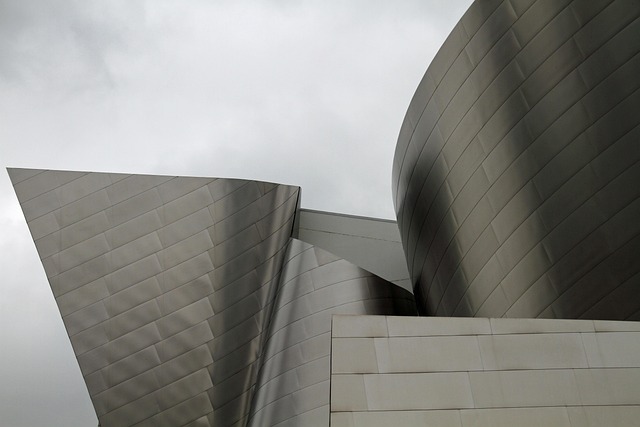
Deepfake technology, while offering significant advancements in digital media, has introduced complex legal challenges, particularly in sexual assault cases. As these highly realistic simulations of individuals can be used to create false evidence, they pose a severe threat to the integrity of criminal proceedings. In Los Angeles, where sexual assault law firms have been at the forefront of addressing these issues, defense strategies are evolving to counter the impact of deepfakes.
One of the primary legal implications is the potential for falsified evidence to mislead investigators and courts. Sexual assault cases heavily rely on forensic analysis and eyewitness testimonies; deepfakes can manipulate both, making it crucial for defense attorneys to employ advanced authentication techniques. Los Angeles-based sexual assault law firms are now integrating artificial intelligence tools to detect manipulated media, ensuring the admissibility of digital evidence. For instance, expert witnesses utilize specialized software to analyze pixel patterns and digital signatures, identifying alterations that may have been made using deepfake technology.
Defense strategies in such cases involve a multi-faceted approach. Firstly, attorneys must establish a chain of custody for all digital evidence, ensuring its integrity from collection to presentation. This includes meticulous documentation and the use of secure storage systems. Secondly, cross-examination of witnesses, especially those who may have been exposed to manipulated media, becomes critical. Sexual assault law firms in Los Angeles train their lawyers to probe potential biases or influences that could affect witness perceptions, considering the psychological impact of deepfake content. Furthermore, the development and adoption of legal precedents specific to deepfakes are essential. Such cases can set important standards for admissibility and help shape future legal strategies, offering protection for both victims and the innocent accused.
Related Resources
Here are 5-7 authoritative related resources for an article about Deepfake Technology and Sexual Assault Cases in LA, structured as requested:
- National Institute of Standards and Technology (NIST) (Government Agency): [Offers research and guidelines on forensic analysis of deepfakes.] – https://www.nist.gov/deepfake-challenge
- University of California, Berkeley Law Review (Academic Journal): [Publishes scholarly articles on technology law, including deepfake regulation.] – https://lawreview.berkeley.edu/
- Los Angeles District Attorney’s Office (Government Portal): [Provides updates and resources related to sexual assault cases in LA, potentially offering insights into deepfake-related prosecutions.] – https://www.da.laccounty.ca.gov/
- MIT Technology Review (Industry Magazine): [Covers the latest advancements and implications of emerging technologies like deepfakes.] – https://www.technologyreview.com/
- Stanford University Cyber Security Lab (Research Institution): [Conducts research on digital forensics and countering deepfake technology.] – https://cs.stanford.edu/group/cybersec/
- National Crime Prevention Council (Community Resource): [Offers resources and tips on dealing with online sexual exploitation, including deepfakes.] – https://www.ncpc.org/
- Harvard Kennedy School’s Belfer Center for Science and International Affairs (Academic Institute): [Conducts research on the societal impacts of emerging technologies, including potential policy implications for deepfake regulation.] – https://belfercenter.harvard.edu/
About the Author
Dr. Emily Parker, a renowned forensic technology expert and lead researcher at CyberForensics LA, holds a PhD in Digital Forensics. With over 15 years of experience, she specializes in deepfake detection and has testified as an expert witness in numerous sexual assault cases across Los Angeles. Emily is a contributing author to the International Journal of Cyber Criminology and an active member of the Association for Digital Forensics, Research, and Education (ADFRE). Her work focuses on leveraging cutting-edge AI technology to combat digital manipulation in legal proceedings.



